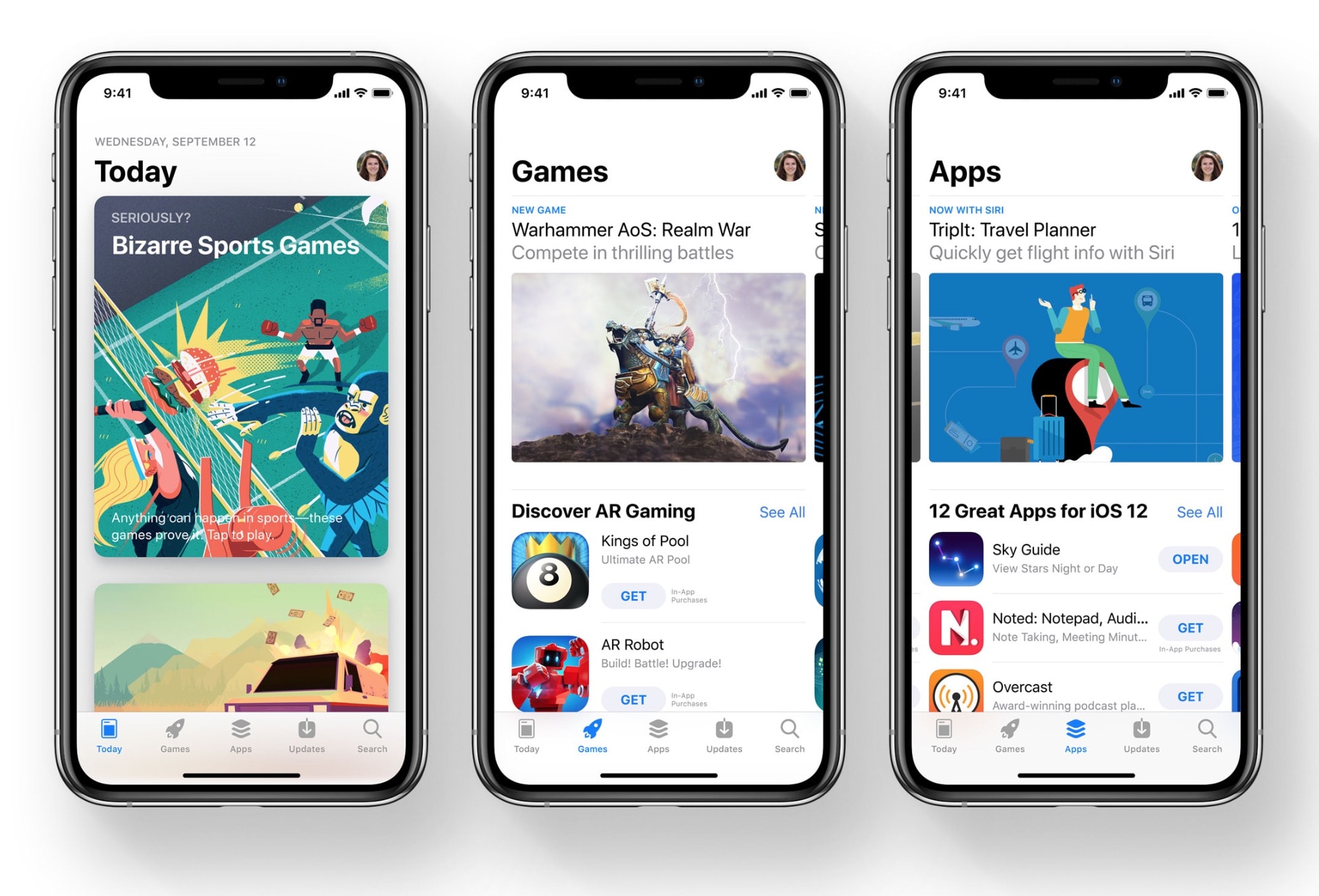The Wall Street Journal claims Apple is giving its own apps preferential treatment in the iOS App Store search results. During a wide-ranging test of basic app search terms like “maps”, WSJ discovered that some of Apple’s apps show up first in the rankings 60% of the time. For other terms, the rate was even higher.
Over 600 app searches were performed during a two-day span for WSJ‘s App Store report. The site found that revenue-generating apps like books and music brought up Apple Books or Apple Music 95% of the time.
Recent search for "maps" in Apple's App Store:
1 Apple’s Maps
2 Apple's Find My iPhone
3 Apple's Indoor Survey
4 Google Maps
5 WazeOf Apple's apps, only Indoor Survey had reviews enabled: 7 reviews + 3.7/5 stars. Google Maps: 2M reviews, 4.7 stars.https://t.co/AR6DV7g03I
— Scott Austin (@ScottMAustin) July 23, 2019
Is the App Store a monopoly?
Apple has recently faced accusations of running the App Store as a monopoly because developers are required to give Apple 30% of revenue from app sales. Adding more accusations of unfair practices certainly doesn’t help Apple’s case.
After being accused of skirting some of its own rules for search results rankings, Apple has fired back. The iPhone-maker explained that its search engine uses past consumer preferences as one of the values in its rankings.
“Apple customers have a very strong connection to our products and many of them use search as a way to find and open their apps,” Apple said in a statement. “This customer usage is the reason Apple has strong rankings in search, and it’s the same reason Uber, Microsoft, and so many others often have high rankings as well.”
Many of Apple’s iOS apps can be deleted to save space. If you need to install it again, you just go to the App Store to download it so this could explain why some of the company’s apps rank higher. One of the big problems though is that Apple is leaning more on its apps and services to make money. If the iTunes app or Apple TV+ always pops up first when someone does a search for “movies” instead of HBO GO or Netflix, that gives Apple an unfair advantage.
42 different factors are used to determine where apps rank. Apple keeps the formula for its rankings secret but shared the factors that have the most influence are downloads, ratings, relevance and “user behavior”. Favoring ratings is also problematic because some of Apple’s own apps don’t have reviews or ratings.
Apple will be facing even more scrutiny about its App Store in the near future and possibly for good reason. The Supreme Court recently ruled that a class-action lawsuit against Apple for taking 30% of App Store revenue can proceed. If Apple loses, it could lead to a huge shake-up of how the App Store works.


